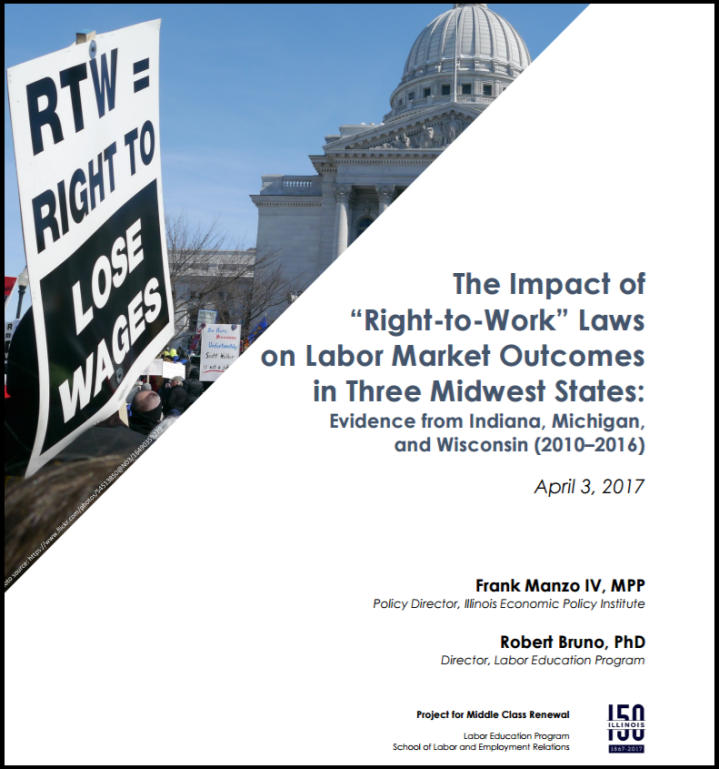
Analysis: 86% of Republican Counties in Missouri Voted Against Right-to-Work
Key Findings:
- More Missouri voters cast ballots in the Proposition A referendum to approve or reject “right-to-work” than voted for a candidate for U.S. Senate.
- The pro-union gap was 20 percentage points.
- 86% of Republican-majority counties in Missouri voted against “right-to-work.”
Continue reading “Analysis: 86% of Republican Counties in Missouri Voted Against Right-to-Work”











